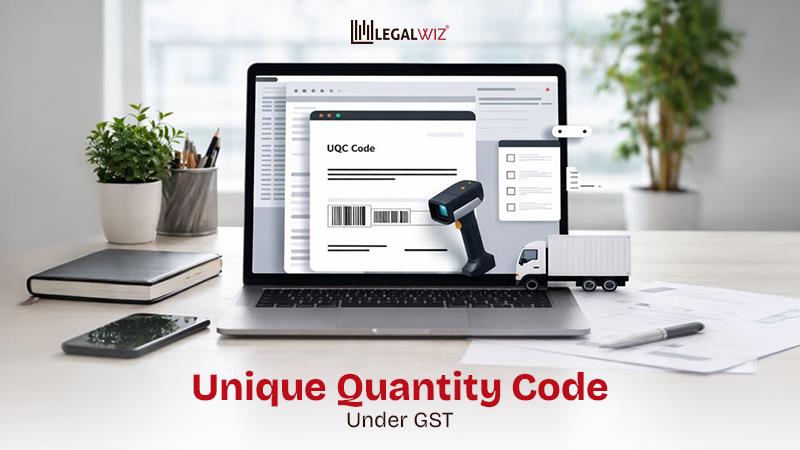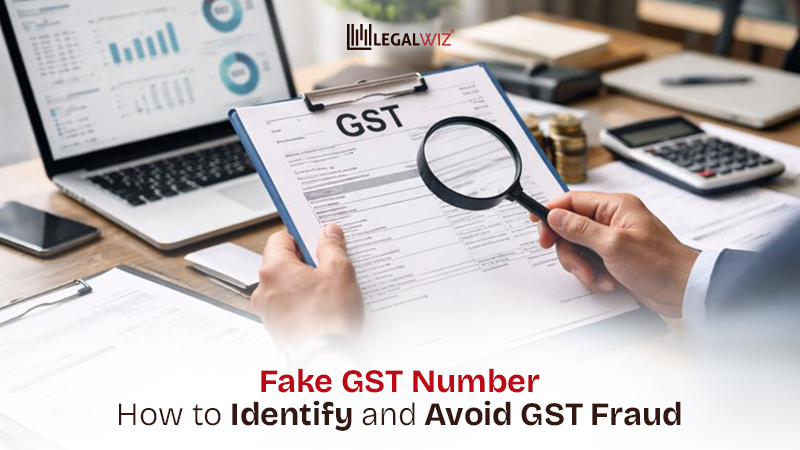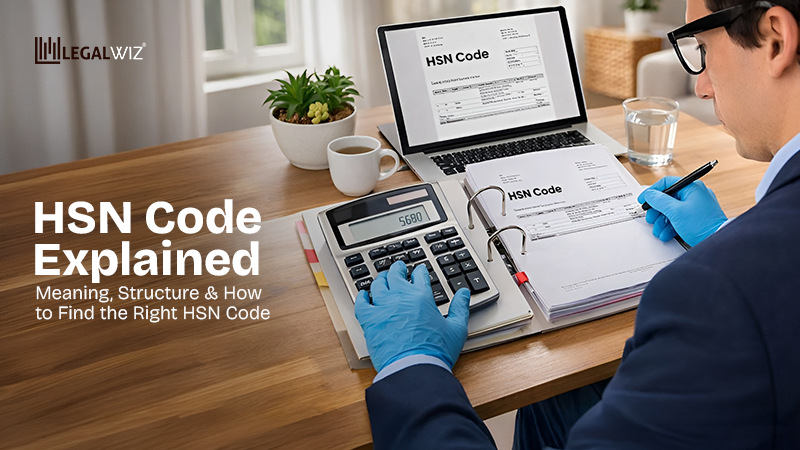What is Form 26QB TDS on purchase of immovable property
Introduction
Purchasing a property is a significant milestone, be it a cozy house property, a bustling commercial property, or even a vacant plot of unconstructed land. However, it also brings forth an important financial obligation – TDS on the purchase of immovable property. Enter Form 26QB, a crucial document mandated by the Income Tax Act. This article unravels the what, how it’s relevant for TDS return, and why of Form 26QB.
What is Form 26QB?
Form 26QB issues and submits the details of TDS deducted on the purchase of immovable property to the government. It’s a legal requirement for any individual or Hindu Undivided Family (HUF) acquiring property valued at Rs. 50 lakhs or more, as per Section 194IA of the Income Tax Act.
To Generate Form 26QB Online
Thanks to online tools the process is streamlined. First, enable macros and content, ensuring your utility is clear. Then, access the worksheet, where you enter your taxpayer details, property specifics, and the TDS amount. After generating, you can file for form 26QB.
Where Can Seller check TDS Deducted on the Property?
Once TDS is deducted, the seller can track it. This transparency is crucial for both parties, ensuring compliance with tax regulations.
Sale of the Property Covered U/S 194IA
If the stamp duty value of the property exceeds the sale value, then we deduct TDS from the stamp duty value. For instance, if the stamp duty value is 65 lakhs but the property sells for 60 lakhs, we calculate TDS at 1% on the stamp duty value, not the sale price.
The Future of TDS on Property Transactions
As the real estate sector in India continues to grow, so do the regulations surrounding it. TDS on property transactions, as governed by Form 26QB, is just one piece of the puzzle. The government’s aim is to create a transparent and accountable real estate ecosystem. To this end, they regularly update and refine tax laws, ensuring that all parties involved – buyers, sellers, and the government – benefit.
In the future, we can expect more streamlined processes, increased digitization, and greater accessibility to tax-related information. This will not only simplify the TDS process but also make it more efficient and user-friendly. As a property buyer or seller, staying informed about these changes is crucial. It not only ensures compliance but also helps you make informed financial decisions.
Conclusion
In the realm of real estate, understanding the intricacies of tax regulations is not just advisable; it’s imperative. Form 26QB, which governs TDS on the purchase of immovable property, ensures that both buyers and sellers comply with the law while providing transparency in financial transactions. Whether you’re acquiring a cozy house, a bustling commercial property, or an empty plot of land, Form 26QB is your ticket to tax compliance. It’s a straightforward process, primarily executed online, making it easier than ever to fulfill your tax obligations.
By deducting TDS accurately and submitting it promptly, you not only adhere to the law but also contribute to the country’s revenue. It’s a win-win for all parties involved. So, the next time you’re venturing into the real estate market, remember Form 26QB. It’s not just a legal requirement; it’s a step towards a transparent and accountable real estate sector in India. Stay informed, stay compliant, and enjoy the benefits of hassle-free property transactions.
Frequently Asked Questions
When should TDS be deducted on the purchase of immovable property?
TDS should be deducted when the sale proceeds are Rs. 50 lakhs or more.
How is TDS calculated on property transactions?
TDS is calculated on the property’s stamp duty value if it exceeds the sale value.
How and when should the deducted TDS be deposited with the government?
The deducted TDS must be deposited within 30 days from the end of the month in challan Form 26QB (TDS on Property).
Are there any important points to remember for purchasers and sellers?
Yes, purchasers must tax at a flat rate of 1%, collect the seller’s PAN, and ensure both PAN cards are included in the online form. Sellers should provide their PAN card, verify taxes in Form 26AS, and ensure compliance.
What if there are multiple buyers or sellers?
In case of multiple buyers or sellers, each must fill out separate challans and Form 26QB for their respective shares in the property.

Monjima Ghosh
Monjima is a lawyer and a professional content writer at LegalWiz.in. She has a keen interest in Legal technology & Legal design, and believes that content makes the world go round.







